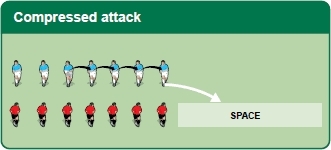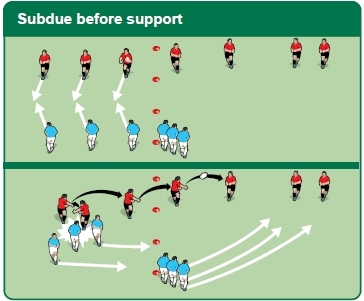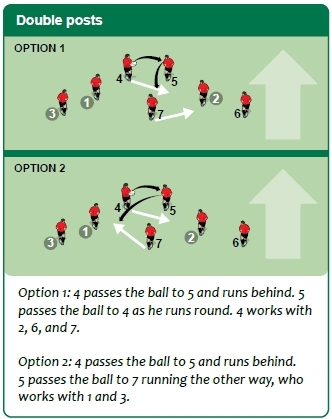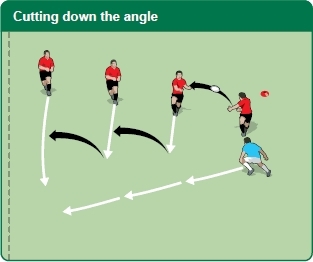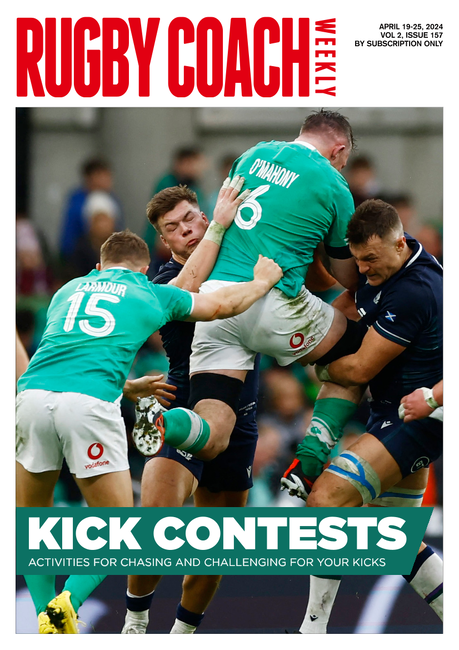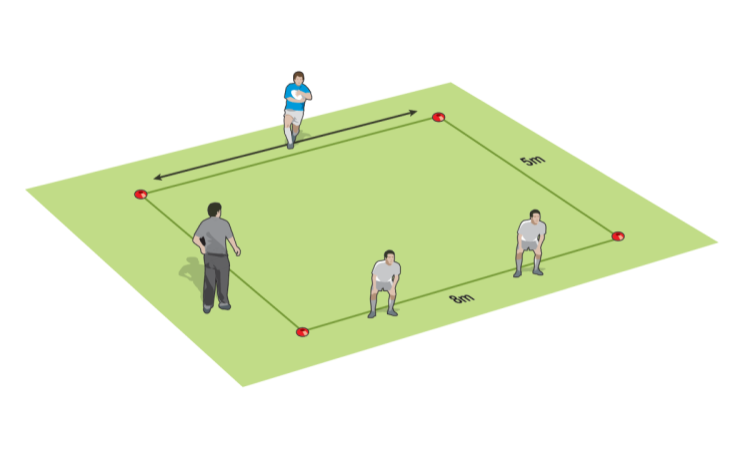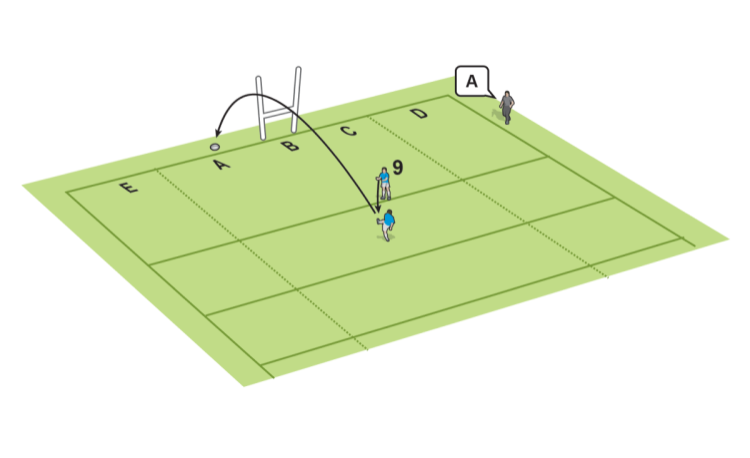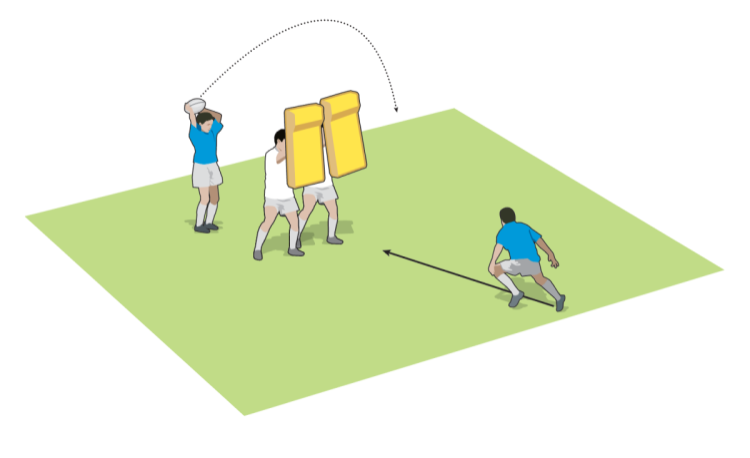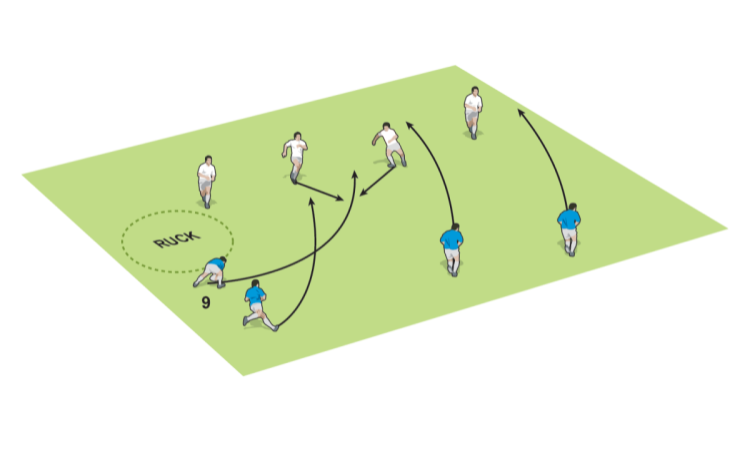You are viewing
1 of your 2 free articles
Quick training solutions to getting tactically ready for sevens tournaments
With such little time to prepare, here are four tactical attack, defence and set piece training ideas to give your team some better tactical awareness.
They all come from our Colin Hillman's Expert Guide to Sevens, which pulls together some of the best minds in the abbreviated version of the game.
Defence is probably the hardest part of sevens, because there is so much of the pitch to cover. We have two articles: Defensive tips for your rugby sevens team and Sevens rugby coaching drill to improve defensive systems.
The game also has lots of running attacking opportunities from penalties - you won't be kicking for goal or touch so often. We have two plays to run in Rugby penalties in Sevens.
Finally, with attack in mind, you might be surprised to learn that not all sides spread their attackers across the pitch. Why not Coach a compressed sevens attack to exploit your fastest players.
Newsletter Sign Up
Coaches Testimonials

Gerald Kearney, Downtown Las Vegas Soccer Club

Paul Butler, Florida, USA

Rick Shields, Springboro, USA

Tony Green, Pierrefonds Titans, Quebec, Canada
Subscribe Today
Be a more effective, more successful rugby coach
In a recent survey 89% of subscribers said Rugby Coach Weekly makes them more confident, 91% said Rugby Coach Weekly makes them a more effective coach and 93% said Rugby Coach Weekly makes them more inspired.
Get Weekly Inspiration
All the latest techniques and approaches
Rugby Coach Weekly offers proven and easy to use rugby drills, coaching sessions, practice plans, small-sided games, warm-ups, training tips and advice.
We've been at the cutting edge of rugby coaching since we launched in 2005, creating resources for the grassroots youth coach, following best practice from around the world and insights from the professional game.
